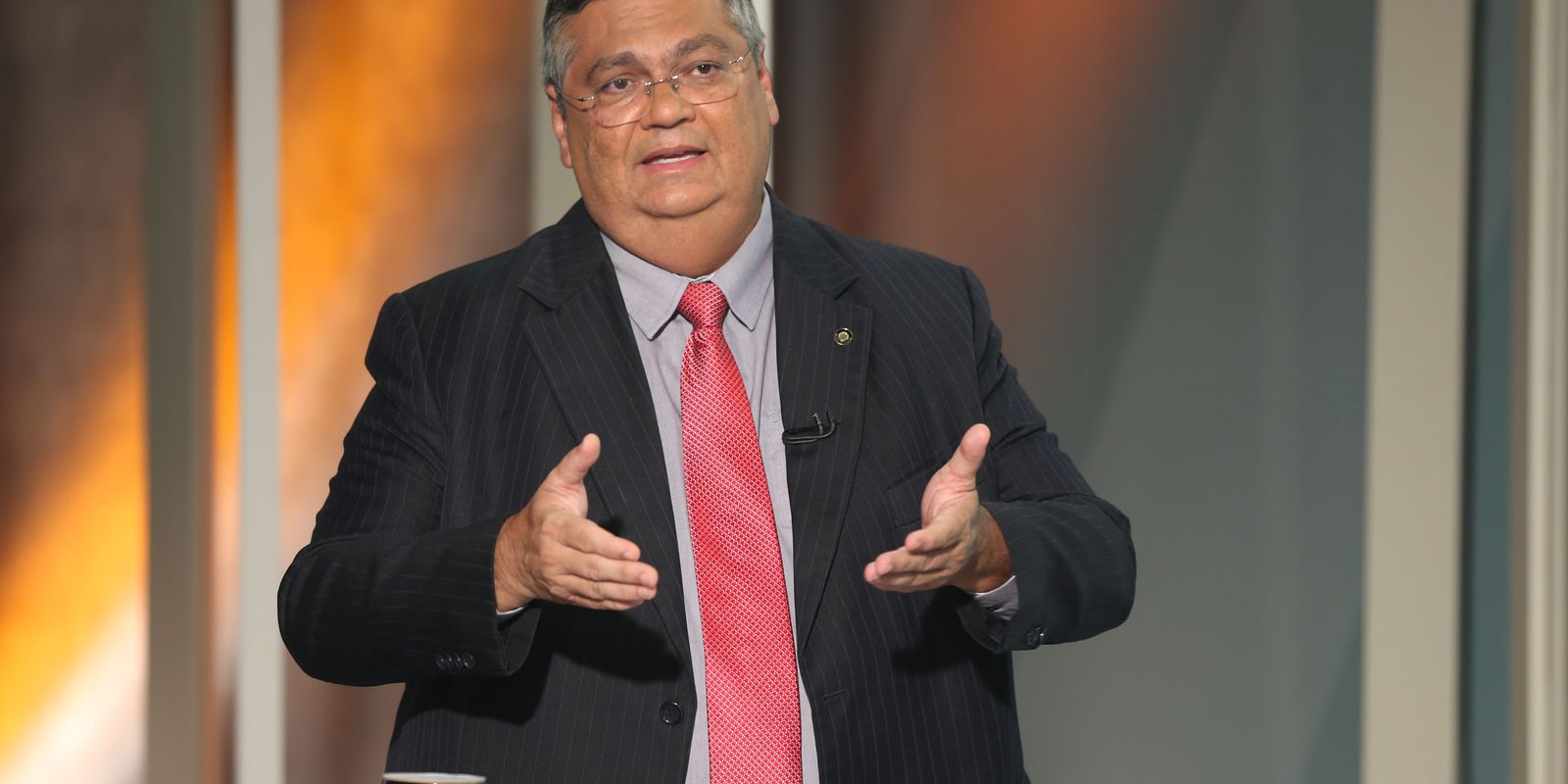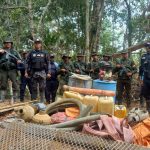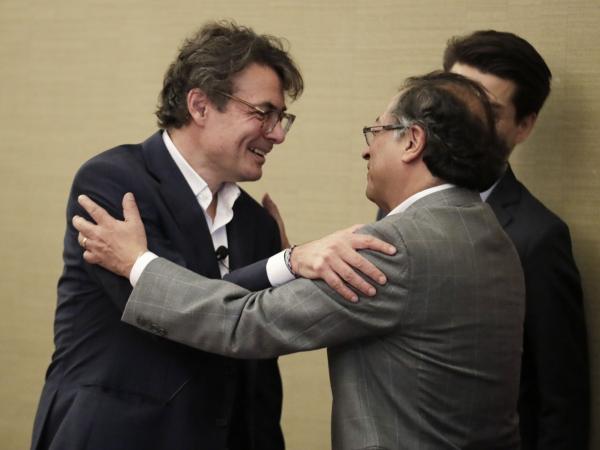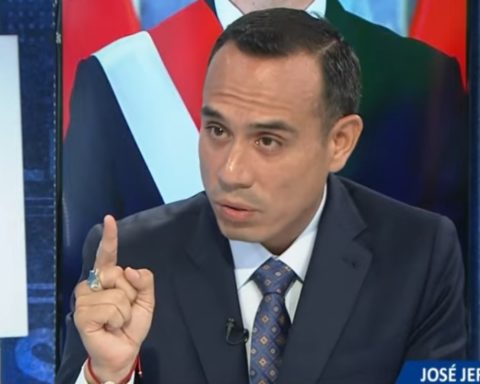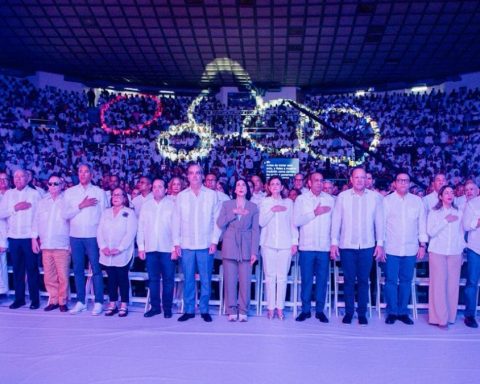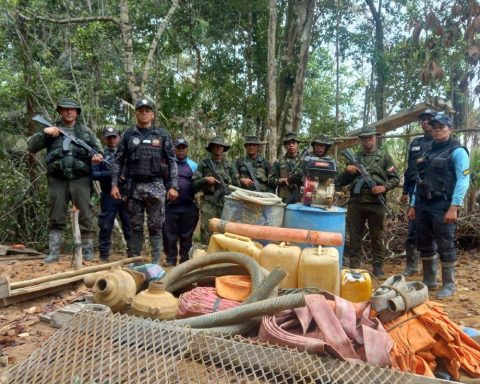The Minister of Justice and Public Security, Flávio Dino, criticized what he classifies as “undue penetration of politics into the barracks”, something that, according to him, has been repeated throughout the country’s history. He, however, stated that the trend, after January 8, is the advancement of democracy in the country.
The statement was made during the program Uncensored from the TV Brazil, aired this Monday (13). The full interview is available at program website.
In the interview, Flávio Dino also assured that he will not rest until he finds those responsible for the tragedy that killed hundreds of Yanomami indigenous children; for the death of councilor Marielle Franco, in Rio de Janeiro; as well as those responsible for the attempted coup d’état on the January 8th.
Regarding the problems caused by the invasion of prospectors in the Yanomami Indigenous Land, the minister assured that he will hand over to the Judiciary “not only the names of those who were there”, but also those who financed it; who acted in money laundering; who kept the money for indigenous health; and, also, who “has omitted in those years and allowed the death of more than 500 children in that territory”.
Marielle Franco
The minister says that it is a priority for his management to find out who ordered the murder of councilor Marielle Franco (Psol-RJ). “This is a crime that reveals multiple prejudices and multiple violence”.
“That is why one of the main missions of the Federal Police is to move forward with the investigation, a commitment that is being assumed with concrete acts. So much so that the superintendent appointed for Rio de Janeiro is exactly the delegate who acted in the case”, he said.
According to the minister, a work meeting is scheduled for this week to define “whether we will continue to insist on the path of cooperation with the local authorities of Rio de Janeiro or whether we will seek the so-called federalization, an attempt previously sought, but which was not accepted”, he said. .
January 8th
Regarding the coup acts on the 8th of January, Dino says it is “evident that crimes were perpetrated”, and that the security flaws were not just operational or planning.
“It was an action by criminals that dismantled the functioning of the apparatus of guaranteeing the law and resulted in those terrible scenes. This shows that when there are commands that, in some way, do not respect their legal duties, the doors to the commission of crimes are opened”. “Police investigations are showing this and will reach all people who, by action or omission, were responsible for the events,” he said.
The minister recalls that the protection of the external areas of public spaces in Brasília is the responsibility of the Military Police, and that, in order to prevent the situation from happening again, it will send a proposal to the National Congress for the creation of a national guard “to remove the protection of federal powers from the moods of local politics”.
“The National Guard will also replace the National Force, which is provisional and temporary, to help states in difficulty. It is an important proposal, in our opinion. Of course, the final word will be with the National Congress ”, he added.
Depoliticization of the military
At the UncensoredDino again defended the depoliticization of police and military personnel, using as an argument the traumatic moments that “the undue penetration of politics in the barracks” caused throughout the country’s history.
“If we take it from the dawn of the republic, the military has always played a role in Brazilian politics. I could cite about 10 or 20 examples of undue penetration of politics into barracks, and also the reverse. This did not bring good results. Just look at the most recent experience of the long and dark military dictatorship of 1964”, he said, remembering that, given this context, after redemocratization, the idea of “professionalism” prevailed in the Armed Forces.
Article 142
In Dino’s assessment, it would be unnecessary to make changes to Article 142 of the Constitution, used by extremists as an argument for a coup d’état for supposedly giving the Armed Forces a kind of Moderating Power. The minister said that this type of interpretation of the constitutional text is “paranoid, absurd and disorganized”, in addition to being dissociated from the context of the norm.
“I don’t see the need to change the article, but I respect the position of parliamentary colleagues from various parties who have this idea to, perhaps, prevent it, following the line that a scalded cat is afraid of cold water. I don’t see how a coupist interpretation could fit there, except for the material desire of someone to carry out a coup d’état. It is therefore not a topic that we are going to guide, but we respect that the debate takes place in the National Congress ”, he added.
hate crimes
Flávio Dino said he considers it important for the country to start a political debate on the risks of hate crimes. In the minister’s assessment, these discussions should seek consensus.
“External regulation and self-regulation mechanisms need to work better. I allude, for example, to the situation of parliamentary houses, where deputies and senators sometimes abuse parliamentary immunity to serve as a shield against hate speech. This is execrable,” he said.
The internet is another fertile environment for the propagation of hate speech, as recalled by the minister. “A whole universe of destruction and hate is being fed there. For this reason, the ministry is proposing a project to review the regulation, so that hate crimes are truly fought on the internet, and so that we do not have the impulse to these behaviors, as unfortunately we have seen”.
